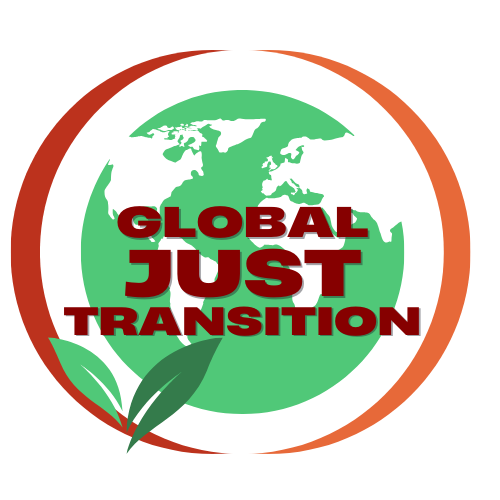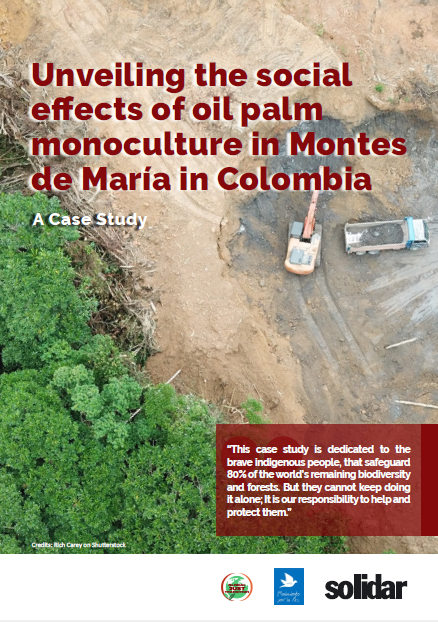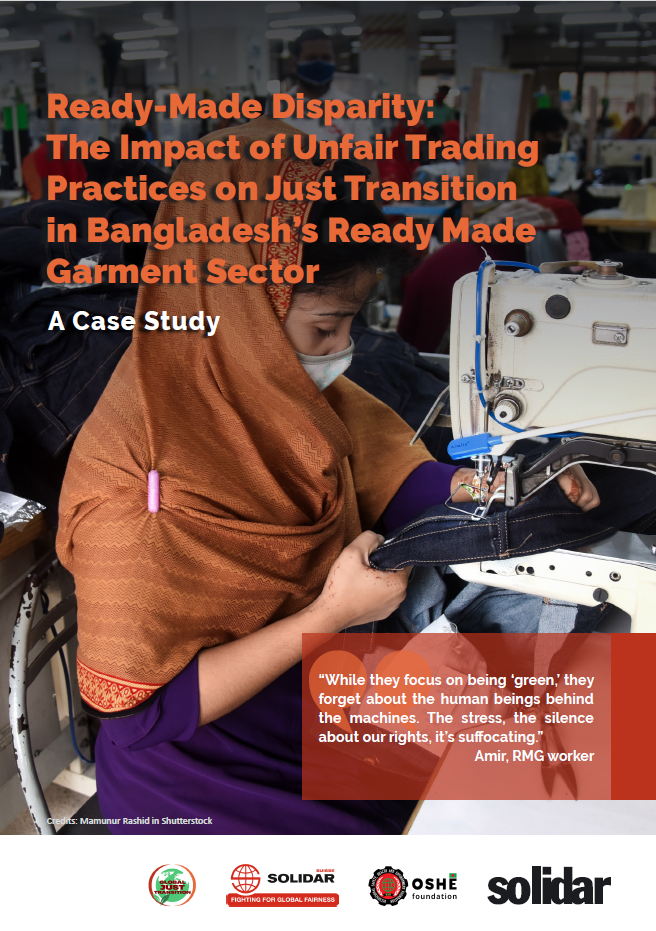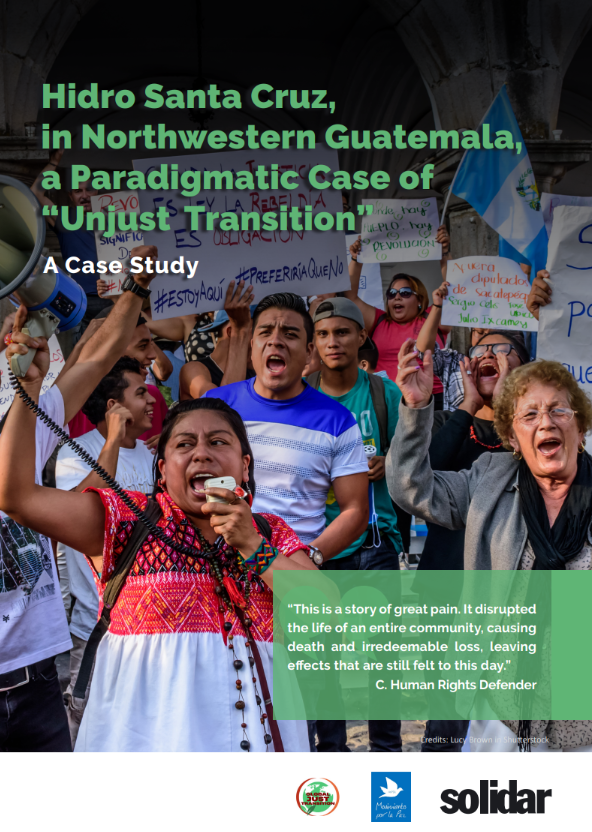Case Study | Exported Toxicity:The EU’s Banned Pesticides in South Africa
The European Union has banned highly hazardous pesticides from agriculture within its borders, due to their proven, or strongly suspected toxicity to human health, biodiversity, and the environment. Nevertheless, such pesticides are still being produced by some EU Member States and exported to third countries, such as South Africa, through globalised production channels. The Women on Farms Project (WFP), a South African feminist organization and close partner of SOLIDAR’s member FOS, has been battling tirelessly since 2019 to eradicate these harmful substances from its vineyards.
Alarmingly, South Africa continues to employ 67 banned pesticides imported from the EU, resulting in gross violations of labour rights and posing significant health risks to workers and their families. The following case study ‘Exported Toxicity: EU’s Banned Pesticides in South Africa’ is a joint initiative by WFP, SOLIDAR, and FOS aimed at confronting the EU’s inconsistent standards in pesticide trade.
This publication is part of the campaign “Global Just Transition: Not Just for (E)U“, which calls on the EU to promote a socially and environmentally just transition not only in the European Union but also worldwide. Within the framework of this campaign, we publish case studies from the Global South shedding a light on the harmful effects of the European Green Deal’s lack of an external dimension on partner countries in the upcoming months.







